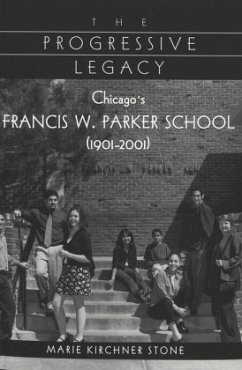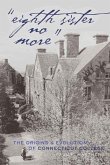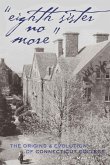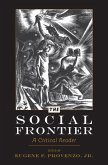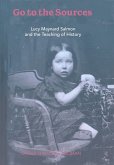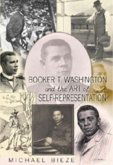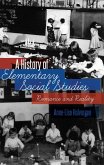Beginning in 1901, this history traces the pioneering progressive origins of the Francis W. Parker School of Chicago to its neoprogressive vision for the twenty-first century. It is the story of the school's evolution from the founding years (1901-1930), through the Eight-Year Study and the postwar innovations (1930-1965), to the progressive challenge (1965-1995). The story closes as the school is being reconceptualized and the building reconstructed. This book explains the interrelationship of three of Chicago's education progressives - John Dewey, the philosopher; Colonel Francis W. Parker, the father of progressive education; and Anita McCormick Blaine, the financier and visionary. Several themes shaping the school unify the text: (1) the influence of psychology on educational practice; (2) the centrality of the teacher and instruction in the school; (3) the value of a model upon which to build curriculum; and (4) the interdependent relationship between democracy and education. The fourth theme is as applicable to the multicultural Chicago of today as it was in the 1900s. Marie Kirchner Stone uses Colonel Parker's purpose of the common school - "to create citizens for a democratic society" - as the yardstick to measure the value of progressive education in today's democracy.
"This is no nostalgic journey into the abstractions and high rhetoric of the past. This book portrays and honors the vision of a school and of a movement that are powerfully alive in the present and reach powerfully into the future." (David Mallery, Director of Professional Development, National Association of Independent Schools)

